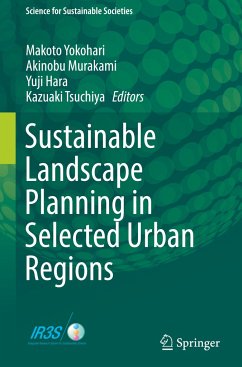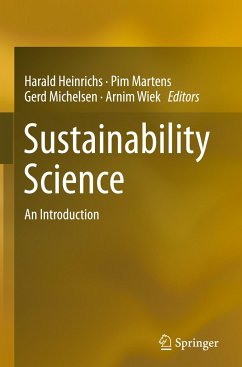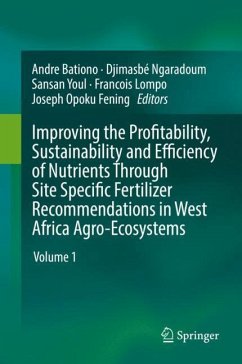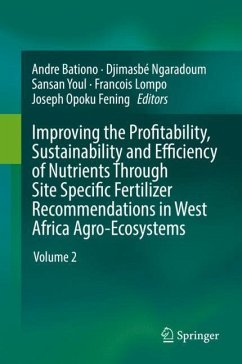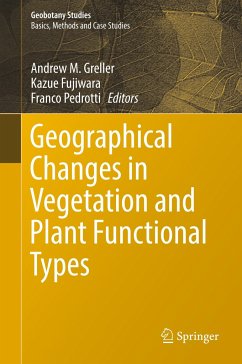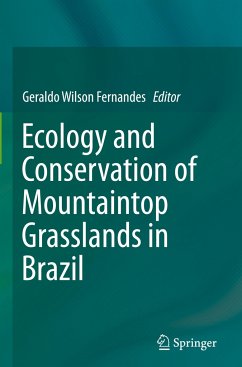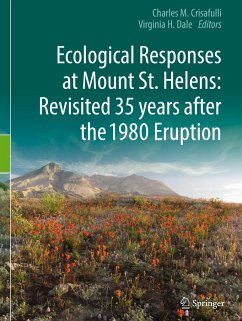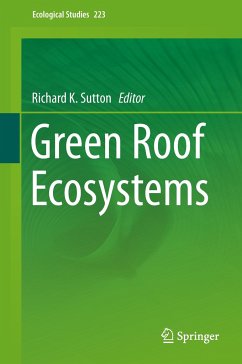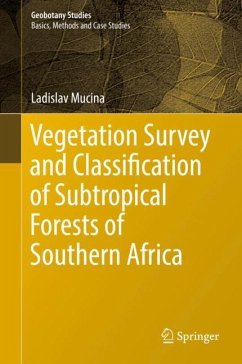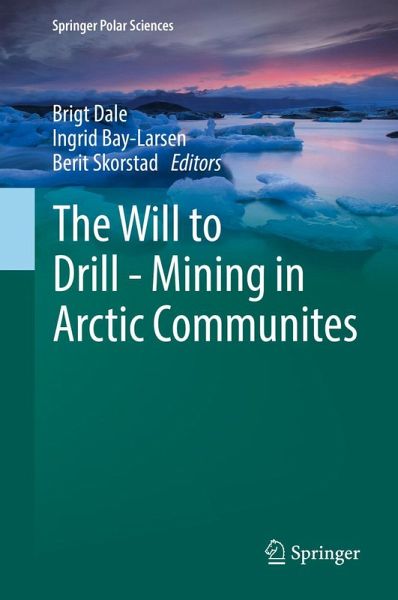
The Will to Drill - Mining in Arctic Communites

PAYBACK Punkte
46 °P sammeln!
This book focuses on the connections between mining activities, knowledge politics and the valuation of landscape in selected case sites in Russia, Greenland and Norway, whilst considering the interrelated aspects of industrialized, natural resource based development and environmental concerns in the Arctic. The case studies in these three different countries reveals that there are indeed multiple 'Arctics' - not least concerning the way extractive industries are received and perceived - and that national legislation, public awareness and economic alternatives are amongst the variables that in...
This book focuses on the connections between mining activities, knowledge politics and the valuation of landscape in selected case sites in Russia, Greenland and Norway, whilst considering the interrelated aspects of industrialized, natural resource based development and environmental concerns in the Arctic. The case studies in these three different countries reveals that there are indeed multiple 'Arctics' - not least concerning the way extractive industries are received and perceived - and that national legislation, public awareness and economic alternatives are amongst the variables that influence to what extent environmental ramifications of mining are accepted.
Through analysis of political discourses, legal documents, grey literature, discussions in local and national media and empirical material from in-site fieldwork, the authors seek to understand how debates about mining reveal more general conflicts and concerns about how to define sustainability.
Thebook contributes to the overall debates on both extractive industries and development trends in the Arctic, and will as such be of interest for both established scholars and students - as well as policy makers and the public.
The compilation of cases and variety of analytical perspectives will further stimulate the ongoing debates concerning the impacts of extractive industries on communities - both in the Arctic and beyond.
Through analysis of political discourses, legal documents, grey literature, discussions in local and national media and empirical material from in-site fieldwork, the authors seek to understand how debates about mining reveal more general conflicts and concerns about how to define sustainability.
Thebook contributes to the overall debates on both extractive industries and development trends in the Arctic, and will as such be of interest for both established scholars and students - as well as policy makers and the public.
The compilation of cases and variety of analytical perspectives will further stimulate the ongoing debates concerning the impacts of extractive industries on communities - both in the Arctic and beyond.



